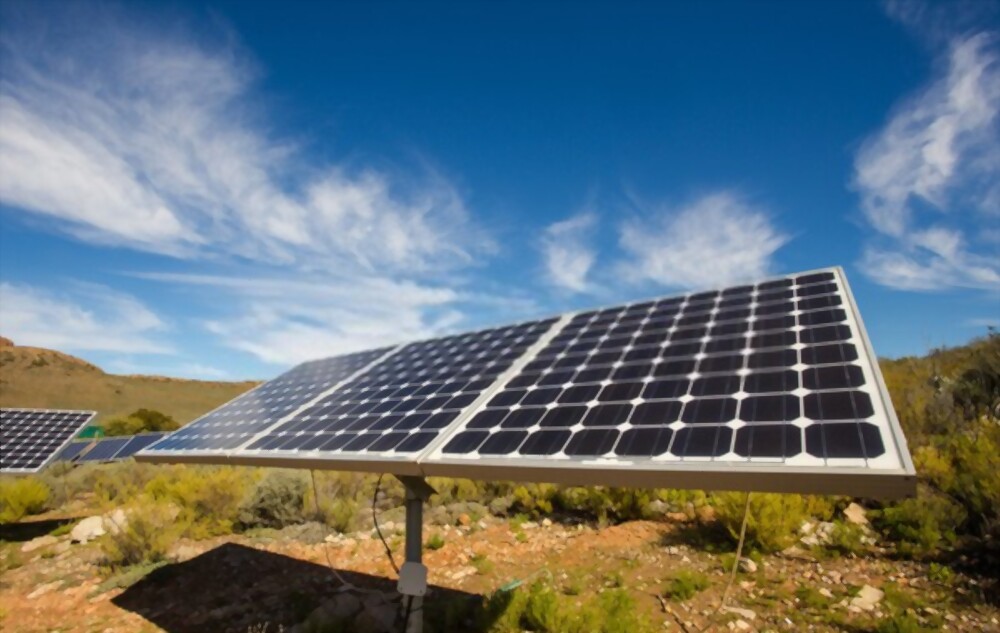No greenhouse gases are released into the environment during the production or usage of photovoltaic solar energy. It’s a popular alternative to fossil fuels in India, where it’s widely used. Photovoltaic panels have become more advanced throughout time, allowing the industry to get closer to the aim of self-consumption. By directly generating and utilizing power ourselves, we can better manage our energy expenses and lower our utility bills.
We hear a lot about “on-grid” and “off-grid” solar panels, but what’s the difference?
- Even if the electricity goes out, an Off-Grid solar system will continue to operate, however an On-Grid system would not.
- The cost of an off-grid solar system is higher than that of a system linked to the grid.
Stand-alone installations, or isolated locations, may also be mentioned from time to time.
While learning about renewable energy or purchasing a solar system for your garden or roof, there are many words that might be difficult to understand.
Off-Grid Solar Panel System
Contents
There is no grid connection with an Off Grid Solar System. The electrical system is self-contained and runs on batteries or provides power directly to the devices it connects to. The mains grid or electricity distribution network and the panels are not connected in any way. Because the self-consumption solar kit is not linked to the network, it will feed the appliances in the home directly. All of the electricity generated is used to power the residence.
Clean and abundant energy
The fact that solar energy is a renewable source of power means that it will never run out. Using the sun’s beams to generate power and heat for your house is a good idea since the sun will not be out for five billion years.
So it’s all the more fascinating when you consider that unlike fossil fuels, solar energy doesn’t contribute to global warming by releasing carbon dioxide (CO2). Energy that has a low influence on the environment. As an added bonus, solar panels are mostly composed of recyclable materials.
Reduced costs of installation
As long as this has been a problem for some families, the cost of installing and maintaining solar panels has been decreasing over the last decade. One explanation for this is the rapid advancement of technology, as well as a rise in installation output and a decrease in the price of numerous components.
Simply put, a 1kW off-grid solar system with a single 12-volt battery costs about Rs. 80,000, whereas a 1kW off-grid solar system with two 24-volt batteries costs around Rs. 1,00,000. Many factors influence the price of any solar system, including technology, brand name and warranty.
A source of savings in energy
Another benefit of Off grid solar system from LoomSolar energy is that it is cost-effective and even lucrative, no matter how you use it. This means that you can either resell every kilowatt of power generated, or you may take advantage of your own self-consumption and sell the excess. You may save money and perhaps make money by installing solar panels on your home or business.
Self-reliance in the use of solar power
Investing in batteries that store and distribute solar energy when the sun isn’t shining is essential if you want to reduce your energy use and become self-sufficient.
In the event that your solar installations fail, the network may step in and take over.
